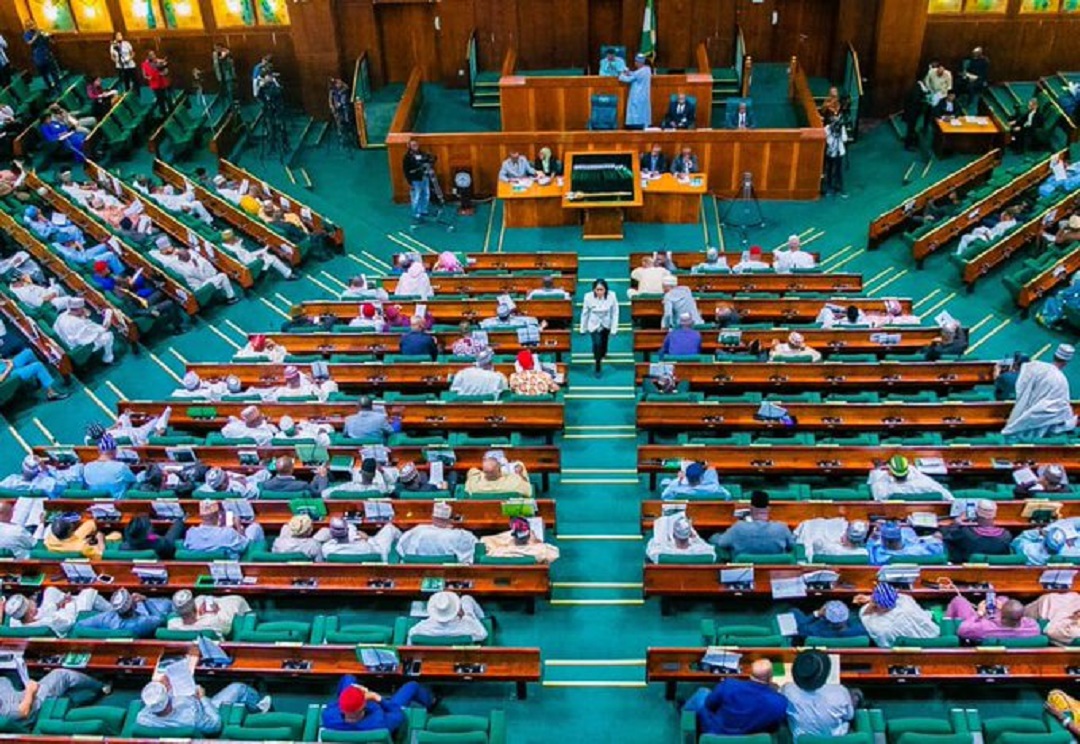
Impunity, recklessness, lawlessness, insensitivity, systemic abuse, manipulations, deliberate sabotage and many other forms of degradation have been brought to play. The aim of these pollutants is to satisfy personal whims and, as much as possible, outwit and out maneuvre political opponents and enemies.
Every socio-political system has a responsibility to the citizens. Nigeria’s political leaders and office holders have denied this responsibility to the Nigerian people. Public office has become personalised and commercialised. They are bought and sold. And only those who can afford it can attain it. And in this commercial spirit, no organ of government is spared the rot, not even the most sacred of our institutions. People no longer aspire to an office in order to serve public good. They buy office in order to serve personal interests and the interests of their families, friends, groups, cronies, ethnic drivels, religious affiliations or other subliminal objectives.
And while the buying and selling goes on, Nigeria and Nigerians were totally and completely forgotten. The citizens have been left with the short end of the stick, and the youths are probably the worst hit. With poor education, lack of employment opportunities and the absence of avenues to express their youthful energies, they were left to find outlets in negative pastimes – drugs, alcohol, prostitution, yahoo and different forms of experimentation. Wherever they turned, there was no reprieve. The atmosphere was toxic, frustrating, suffocating and enveloped in a climate of total asphyxiation.
The rest of the society did not fare better. Poverty has become so rife that the statistics can no longer accurately determine who to exempt apart from those right in the corridors of power. And this minority, this less than 1 per cent of the population, remain aloof from the deplorable existence of the hoi polloi. Their policies, programmes, preferences, values and priorities, even the words of their mouths show serious disconnect from realities on ground.
They failed to take into account the plights of millions who go to bed hungry every night.
They were not bothered about those whose humanity have been stripped, or those clothed in hopelessness by their greed and callousness. Nigerian leaders wounded democracy, so much so that citizens, neglected, frustrated, destituted, angry and hungry, now look up to military tyranny as a refuge from democracy.
Nigerians have been abandoned as refugees in their own country. Left at the mercy of bandits, kidnappers, murderers, extortionists, ransom seekers, ritualists, blood-sucking politicians and sundry criminals, life in Nigeria became a relapse to the dreadful state of nature which Thomas Hobbes denounced as “solitary, poor, nasty, brutal and short.” The result was a scramble to escape the inferno. Some people sell their homes and belongings to buy a passage to foreign lands.
Those who have nothing to sell take the grave risk of crossing the desert on foot, while others risk their lives on rickety boats across the high seas. Some willingly submit themselves to be trafficked. Many Nigerians chose to migrate to menial jobs overseas, and endure the humiliation which the host countries often subject them to, rather than stay in a country that offers them nothing but squalor, pains, sickness, starvation and death.
1999 was Nigeria’s second independence. It was a glorious dawn – a new beginning. Having fought the military to a standstill, in much the same way the nationalists fought the colonisers, Nigerians welcomed democracy with high hopes and great expectations. Hope that democracy will provide an atmosphere that would allow the people to thrive and begin to exist in decent human forms.
Expectations that Nigeria can now join the array of nations that have found their epiphany. But these hopes were destroyed and the expectations aborted. And these unexpected morbidities and the destruction of hope by the politicians and their cronies, became a national catastrophe.
Put in plain language, Nigerians are willing to return to their vomit. Returning to one’s vomit is not an act of courage. Neither is it a prospect anyone contemplates with pride. It is an act of surrender to a condition that burdens the soul and breaks the human spirit. Nigerians are broken. Nigerians asking for the return of the military is the greatest atrocity Nigerian leaders have perpetrated against this land and they must be held supremely responsible. So, who will blame the poor, the sick, the infirm, the dying and the deprived if they feel that living under obnoxious military dictatorship would give them a better deal than languishing under the dungeons erected by insensitive civilian rulers.
I have no doubt that when the story of this era is told, historians will record that – “In the hands of predatory Nigerian rulers, democracy died.”
Concluded.
Professor Egbo is a Lecturer/ Resource Person with NILDS, Abuja. He can be reached via: 08037910012. (WhatsApp only).






